Reviews
‘MaXXXine’ Review – Ti West’s Trilogy Closes Out With Inert Tribute to the ’80s

Maxine Minx (Mia Goth) emerged as the sole survivor of writer/director Ti West‘s slasher throwback X, armed with tenacity and ruthless ambition. The film’s closing moments signaling Minx’s unique zeal might’ve had a lot to do with her religious upbringing. The second entry in West’s trilogy, Pearl captured the technicolor vibrancy of Hollywood’s golden age to contrast the psychosis of Maxine’s would-be killer, also played by Goth. For the trilogy’s closer, MaXXXine, West channels the sleazy thrillers and Gialli of the video nasty era to see Maxine’s relentless pursuit of fame reach its apex, but the over-commitment to the era’s films renders Maxine’s story inert.
Set in Los Angeles in 1985, Maxine’s well into her quest for stardom. We’re reintroduced to the atypical protagonist after she’s already dominated the porn industry and looking to greener pastures: Hollywood. The aspiring starlet crushes an audition for a popular horror movie’s sequel, but it’s not getting the part that’ll prove tricky for Maxine. It’s keeping it, thanks to a series of murders happening closer to Maxine. As if the murders, seemingly Satanic in nature, weren’t enough, Maxine’s past traumas threaten to resurface in various violent ways.
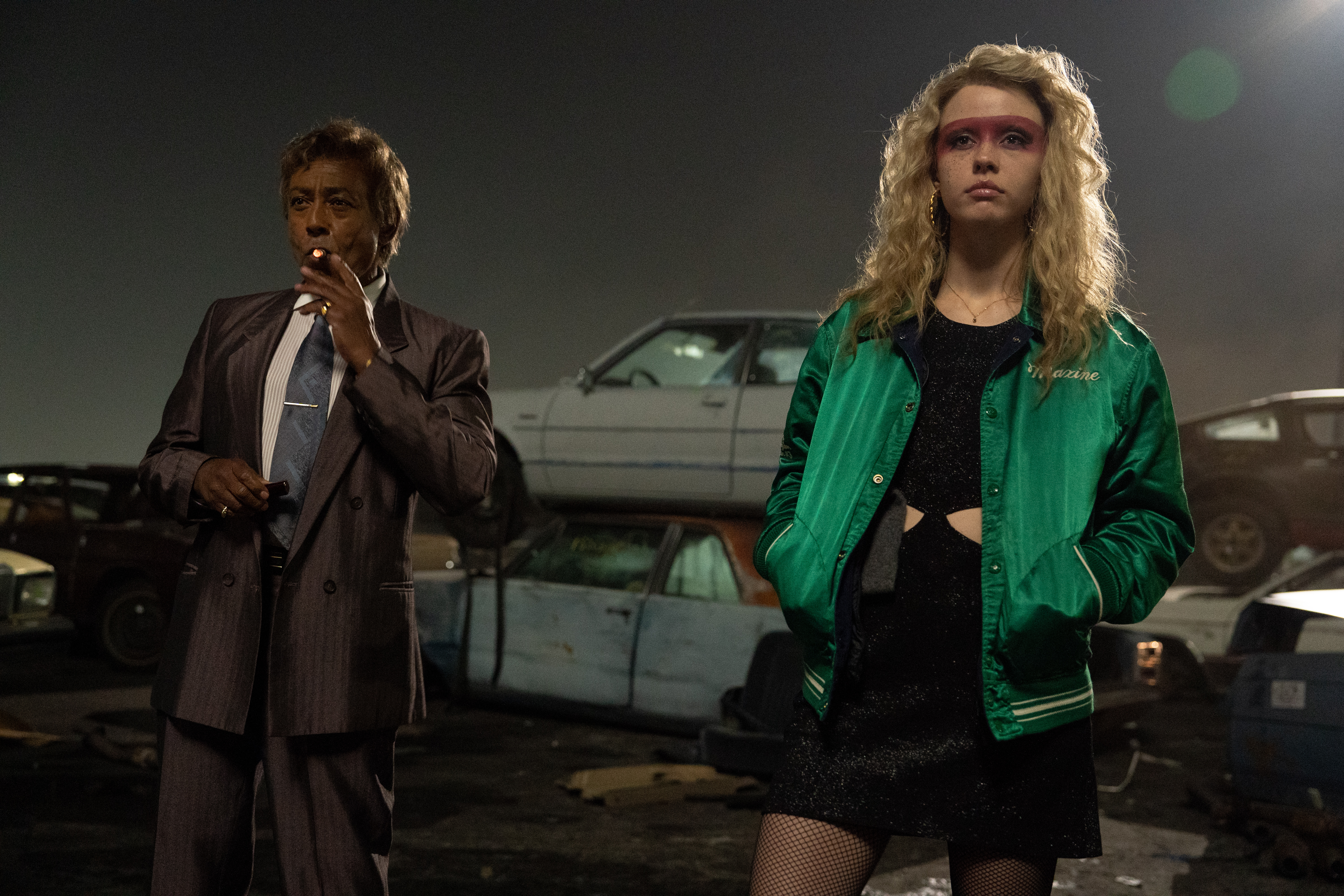
MaXXXine firmly adheres to the ’80s spirit of excess, not just in the way that Maxine keeps a stash of cocaine on hand for a bump whenever she needs one, but in the dizzyingly large cast of recognizable talent playing colorful characters. Elizabeth Debicki steals every scene as the put-upon, no-nonsense film director who’s an Artist with a capital A, a potential conduit for West to convey his own frustrations. Giancarlo Esposito brings the appropriate level of sleaze to his entertainment lawyer role, while Kevin Bacon overdoes it as the dogged private eye John Labat. Moses Sumney brings the heart as the sweet but sarcastic video store clerk with a vast knowledge of horror, while Michelle Monaghan and Bobby Cannavale riff on the archetypical good cop/bad cop routine as homicide detectives. That’s only a fraction of the cast roster, which speaks to just how broad and scattered this installment is as Maxine rushes between the various plot threads.
Ti West continues his knack for painstaking recreation here, not just meticulously recreating the vibe of the era but its filmic output as well. That means, like the sleazy Gialli and Brian De Palma-style thrillers of the period, MaXXXine quickly cycles through the set pieces and its characters like surfing through cable channels. It also means that many of the scenes are superfluous, servicing character arcs or world-building over narrative flow. West eschews the character portraits of the previous films to instead wield Maxine like connective tissue; Maxine guides us through the murky waters of the Hollywood system, the peak of Satanic Panic, and the seedy L.A. underbelly all within the span of a week or so. It’s a lot of ground to cover without the focus or room to develop a grounding theme other than paying tribute to a specific stretch of cinematic history.

But at least Maxine isn’t nearly as forgotten here as the horror. West checks off certain boxes, like the mysterious black-gloved stalker pursuing Maxine, but MaXXXine is so scattershot that a body count barely develops. The practical effects and gore, when there, are exquisite, but they’re often pushed to the background in favor of hurtling Maxine through her very bad, hectic time trying to make it as a star. One death, in particular, induces a commendable scream of sympathy pain, but it has no bearing on the narrative outside of establishing Maxine further as one you don’t want to mess with. The bulk of the deaths come in the film’s clunky and unsatisfying finale, the type that takes shortcuts and relies on heavy camp. It might be in line with the era’s output, but that doesn’t make it successful. It also doesn’t help how predictable it all is; there’s really only one possible suspect for the mysterious gloved figure, and the lack of suspense throughout doesn’t do the eventual reveal any favors.
Maxine Minx is a star, and Goth embodies the role so fully that there’s never any doubt she’ll manage to overcome any obstacle. Her laser focus and fortitude drag a movie that has no focus beyond its cinematic tributes to the finish line. There are bursts of greatness here. Glorious kills, inspired shots, or electric scenes between actors haphazardly cobbled together around homages to L.A., Hollywood, and West’s trilogy itself. There’s no question that MaXXXine has style, but it suffocates the superficial story so thoroughly that it becomes an uninspired pastiche.
MaXXXine releases in theaters on July 5, 2024.


Reviews
GOG Release Brings Unchanged Original ‘Resident Evil’ Experience to Modern PCs [Review]

While Silent Hill has always been my horror franchise of choice, there are few things that give me a more intense Pavlovian response than the voice saying “RESIDENT EVIL” on the title screen of that game. The PlayStation era was an important step into video games evolving into something more cinematic, and Resident Evil was a big part of that for me.
Just six years later, Capcom remade the game into, in my opinion, one of the greatest survival horror games of all time, which is the version of the game that’s been most easily available today. While you can play the original Resident Evil through the PlayStation Plus classics catalog, it’s been unavailable for purchase on modern consoles and PC operating systems.
Recently, GOG finally brought a port of the 1996 original to the PC via their store, letting players easily get their hands on this piece of gaming history.
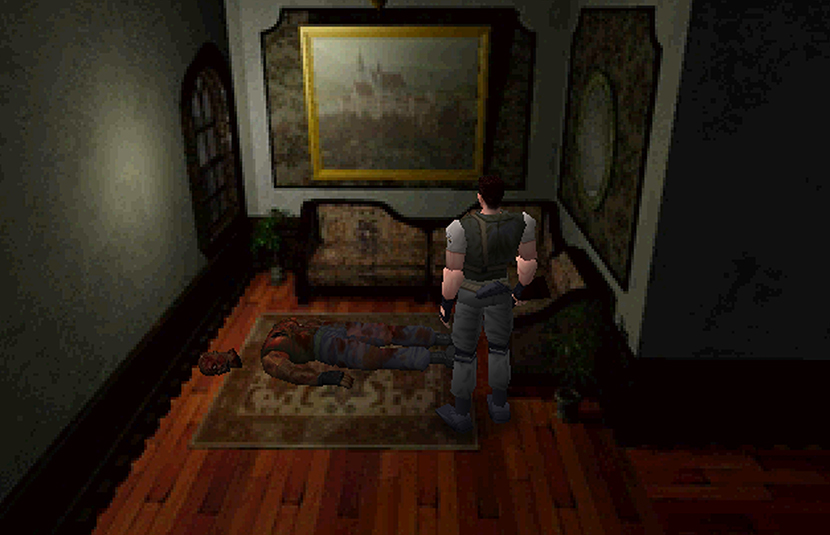
This new release of Resident Evil is a fantastic piece of game preservation, leaving the original title exactly as it was upon release. From all reports, this appears to be the original uncensored PC release, modified to work on modern operating systems. The gameplay itself runs exactly as it did before without issue, but the prerendered and live action cutscenes are a bit choppy, which was an issue present in the original PC version. This release is so unchanged that I actually had to do a quick internet search to even figure out how to quit the game (it’s F9, by the way), which was mentioned in the game manual but not in the game itself.
So how exactly does that feel in 2024? Game development has come a long way in the past 28 years, but it’s very easy to see how the game’s design choices led to it being so influential. The level design of the mansion, with its slowly unlocking shortcuts and interconnectedness, set the standard for the subgenre that’s still emulated to this day. It’s a joy to get around the mansion and slowly uncover its secrets throughout. The combat is clunky and the tank controls take a bit of getting used to, but the game designs encounters around it. It’s less about the precise aiming of Resident Evil 4 and more about resource management as you figure out which enemies to kill and which ones to leave as nuisances to maneuver around. The story is still a wonderful b-movie level thrill, complete with the famously bad dialog and corny voice acting that make it feel so unique.
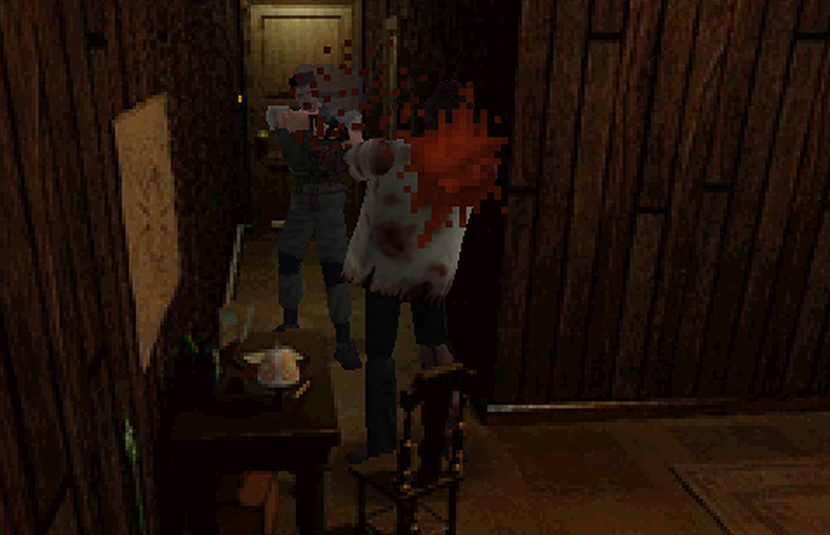
There are definitely a lot of things that are going to be harder for modern audiences to deal with, if you’re coming to this game for the first time. The limited inventory space is something that a lot of people find irritating, especially when it forces you to do a ton of backtracking to ensure that you’ve got the correct items to solve a puzzle or enough ammo to take out a hallway of zombies. There are many times that I didn’t bring a healing herb because I needed the space for pieces to a puzzle, which ended up biting me in the ass after getting unexpectedly grabbed by a zombie.
In a world where autosaving is the norm, it was also a bit hard for me to readjust to the save system, which requires the use of ink ribbons. You really need to calculate when it’s worth using one of the save items, and a wrong choice and bad luck can end up costing you a lot of time redoing things. It’s also slightly annoying to me how much time it takes to go into the save room, grab my ink ribbons from storage, save, then remember to put the ink ribbons back before leaving. I like the tension and the friction that comes from having to make informed decisions about saving, but modern games have spoiled me a bit to the point where if I have to redo more than 15 min of a game after dying I get a little frustrated.
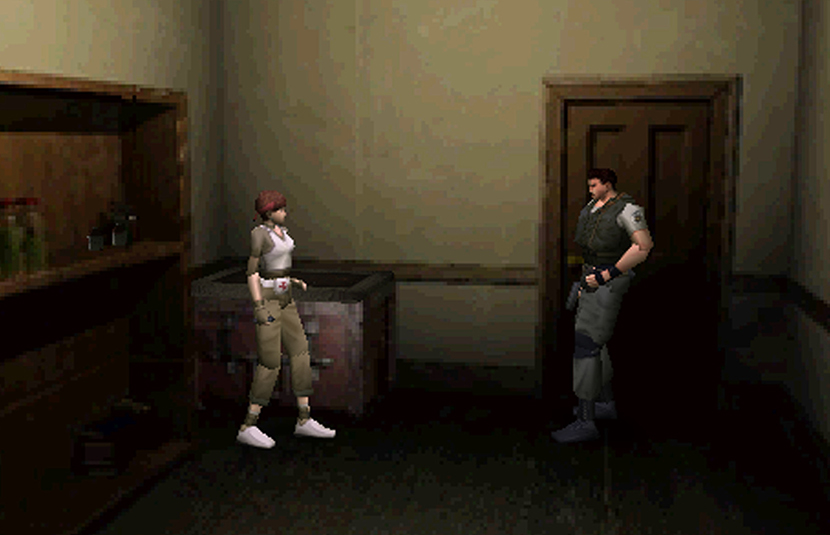
I’ve been playing through some of the Final Fantasy Pixel Remasters that Square has released, and they make the smart decision of retaining the original gameplay experience, while also having optional settings you can tweak for quality of life. In those games, you can add XP multipliers to reduce grinding, turn off random encounters, or just get more money from fights. It’s easy to think of settings that they could have included in this Resident Evil rerelease, had they not chosen to do a straight up unchanged port of the game. I would kill for a save anywhere feature that you find on emulators (the way most modern audiences were probably playing the original game), and there could have been options for damage multipliers that would make it easier for people to make it through the story.
Just this year, Crow Country, which was heavy inspired by RE, released with a story mode that removed the threat of death to allow you to focus on the story and puzzles of the game. While that might not completely work in an RE rerelease, some variation of this to make the focus less on danger and more on experience would be welcomed as an option. The nice things about features like this are that they don’t erase the original experience, instead creating another way to play it for new player who are having trouble adjusting to the older style of play or people replaying it who have already beaten it in its original form and just want a more frictionless experience for a replay. These are the types of features that modders have been adding to the original PC releases for years, so it’s a little bit of a bummer that Capcom and GOG did not follow suit in at least some of these.

Another question you may be asking with this rerelease: why should I play this instead of the 2002 remake that’s also easily available? While I do think that the remake is overall a better experience, there is an amazing amount of charm the original game brings to the table. I have a huge fondness for the fixed-camera PS1 style, with the static backgrounds that the chunky polygonal characters navigate around, and Resident Evil is a prime example of that visual style. The remake may look “better,” but it’s hard to deny the amount of personality they were able to convey with what they were working with on the original PlayStation. I also think the live action cutscenes, complete with the corny character introductions, do such an amazing job to set the tone of the game in a way that isn’t matched by the prerendered sequences in the remake.
Since I grew up playing Resident Evil when it came out, it’s hard to decouple nostalgia from my reaction to this rerelease. I still think that the original Resident Evil, as presented in the GOG version, is an exceptional example of level design that creates a compelling space to explore full of perfectly escalating thrills that are made more tense by a clever focus on resource and inventory management. While I do wish that more quality of life features were added to this release, it’s an astonishing win for game preservation, making one of the most important games of the last 30 years easier to access than ever. As Capcom continues to focus on remaking Resident Evil games, I’m glad they are still respecting their history by making this available. Resident Evil 2 and 3 are both coming later this year (and can be preordered as part of a bundle with this game), so hopefully this is successful and other companies are able to follow suit in making some of their PS1-era classics easy to purchase for the masses.


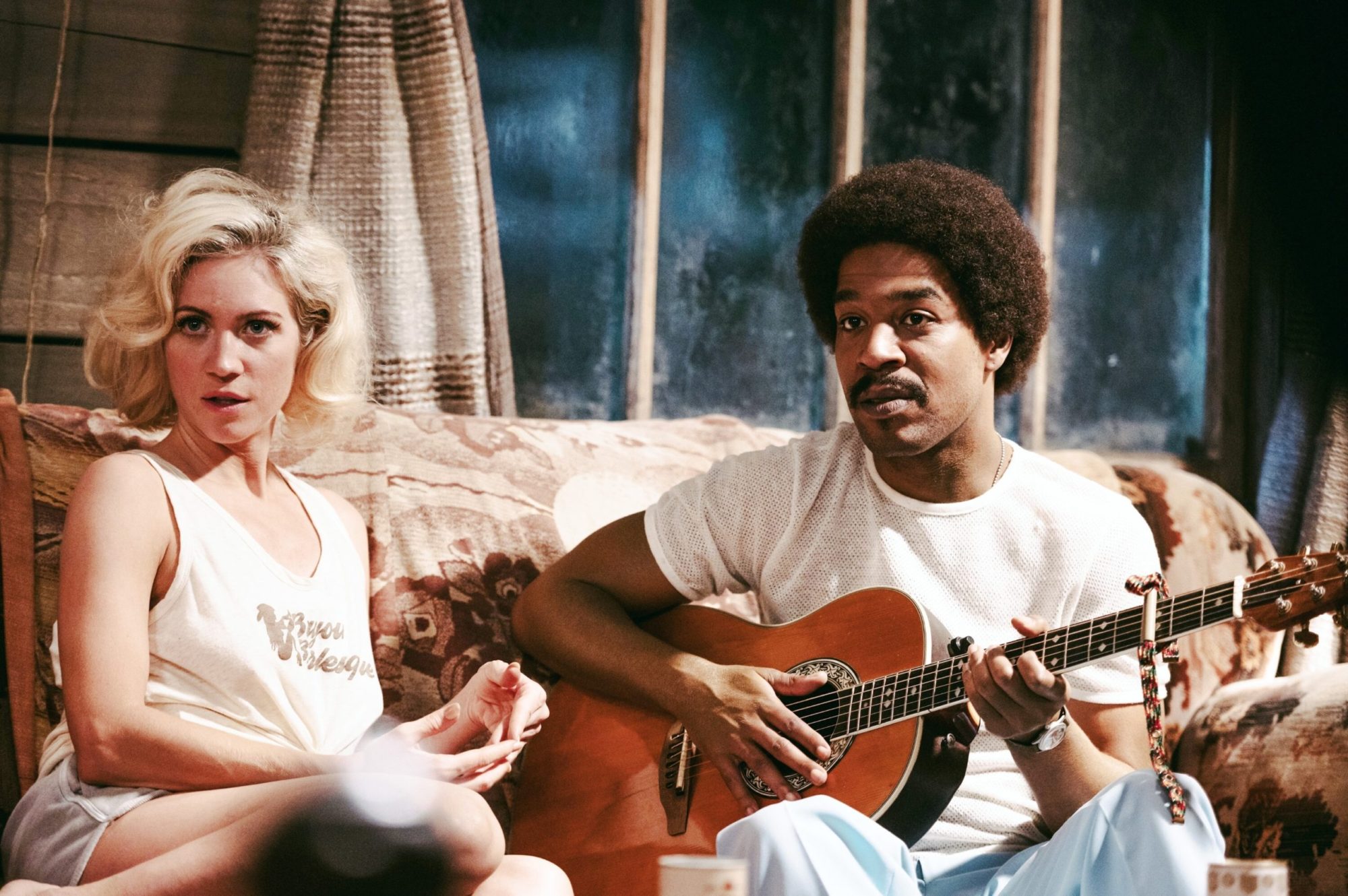
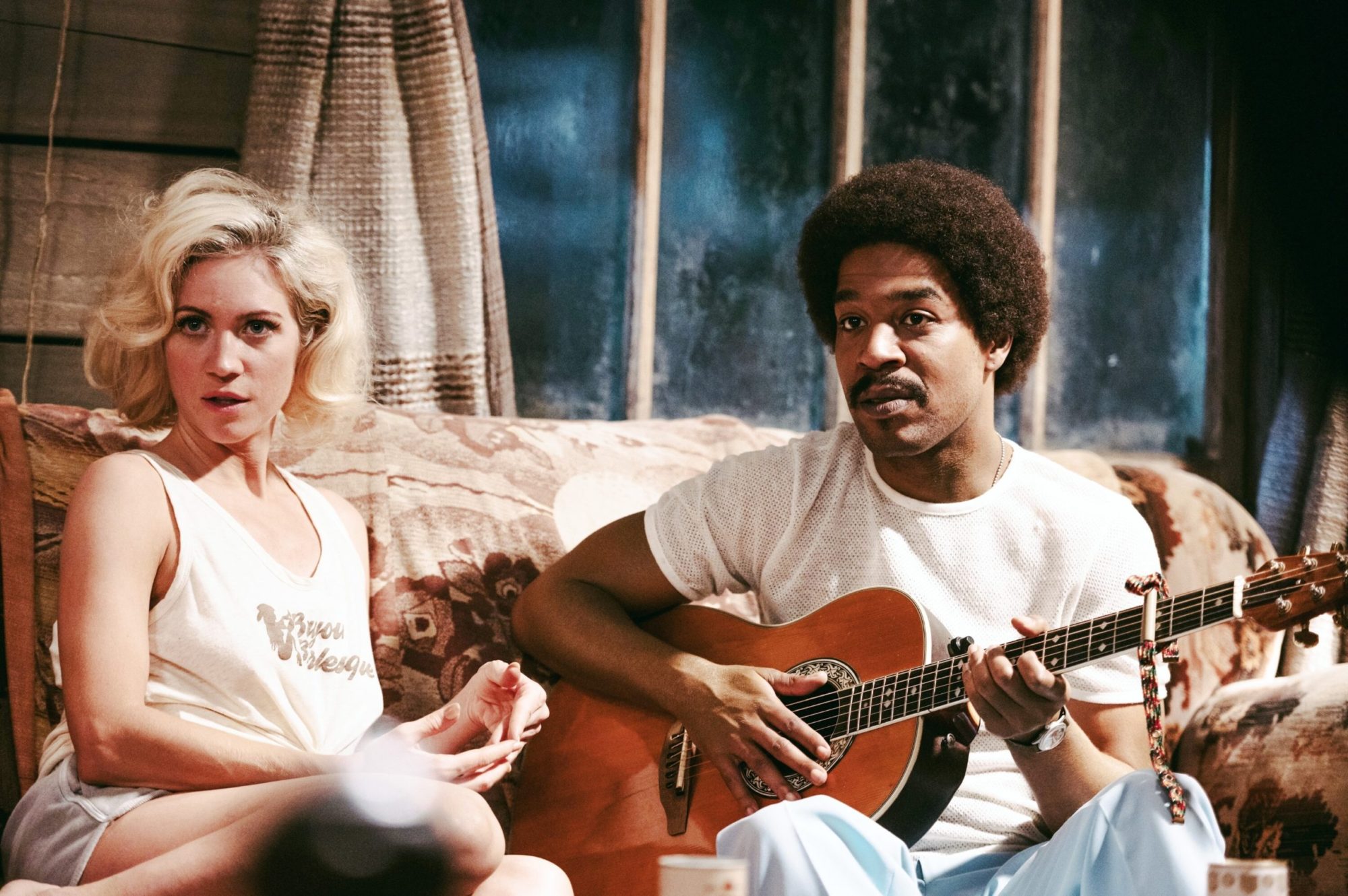




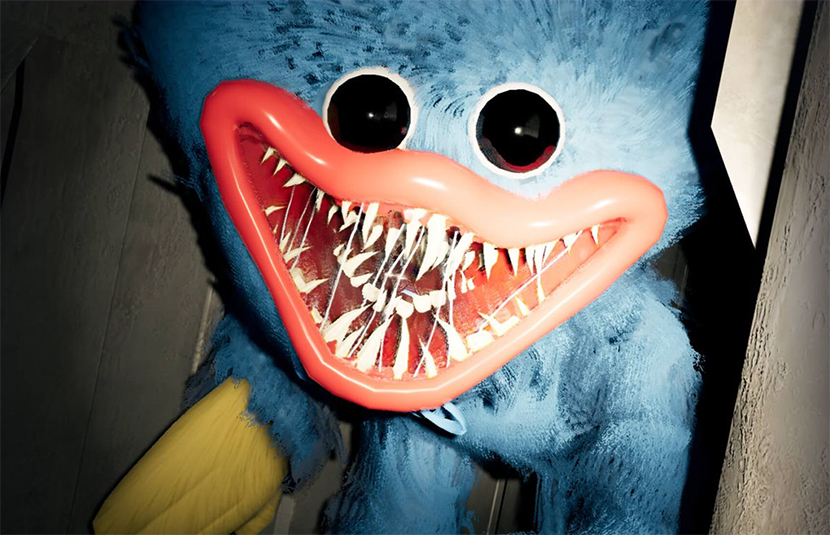

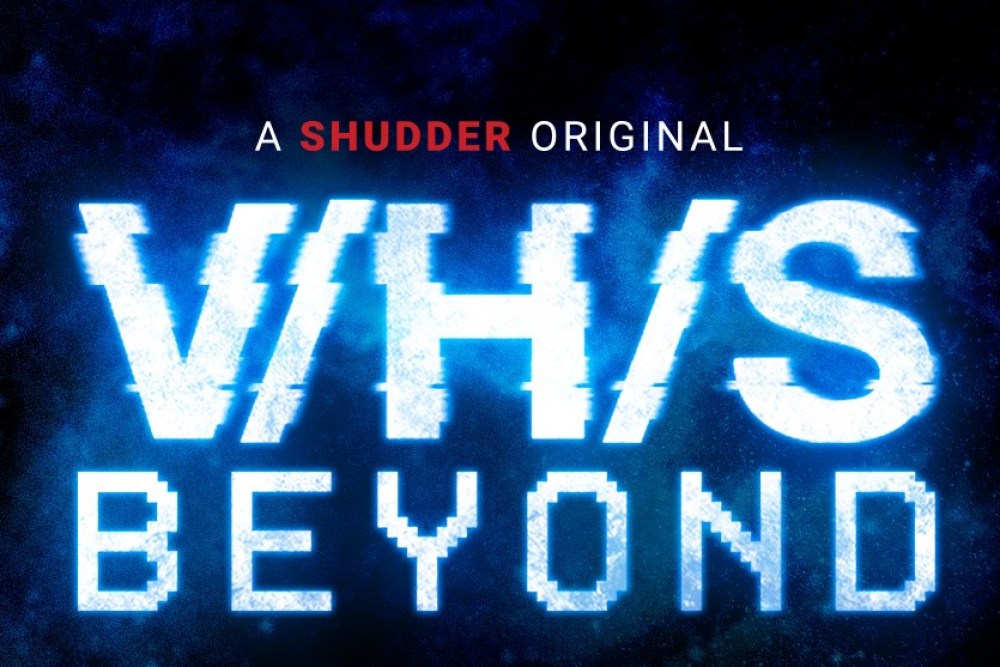
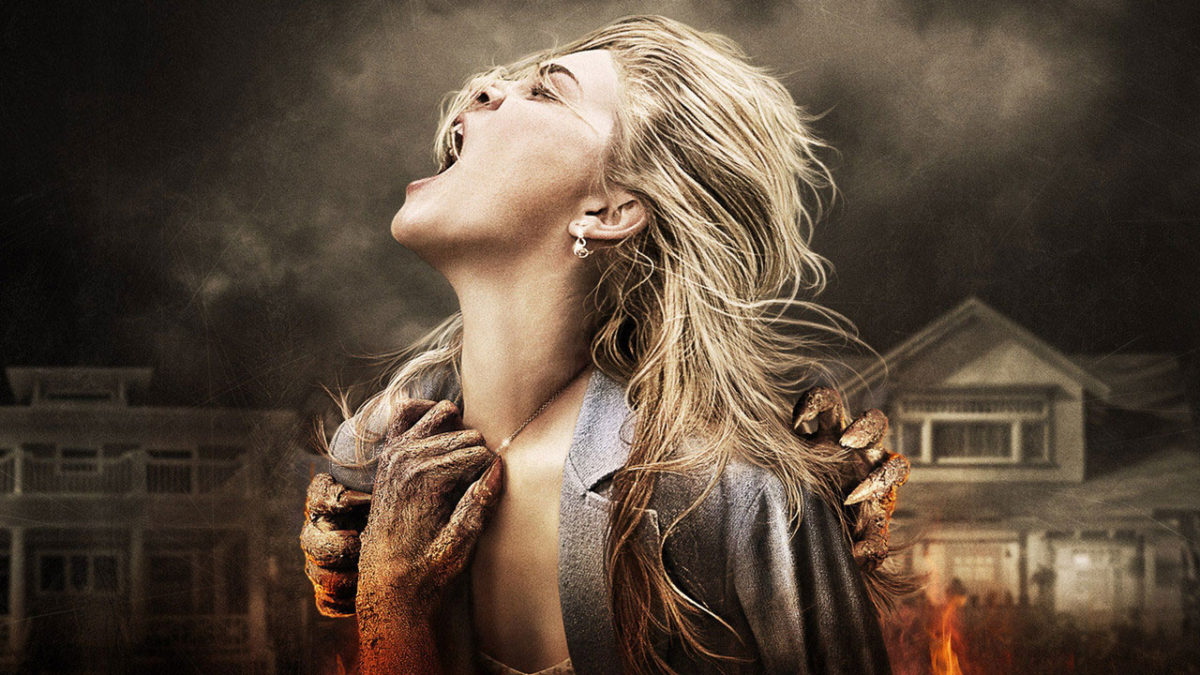

You must be logged in to post a comment.